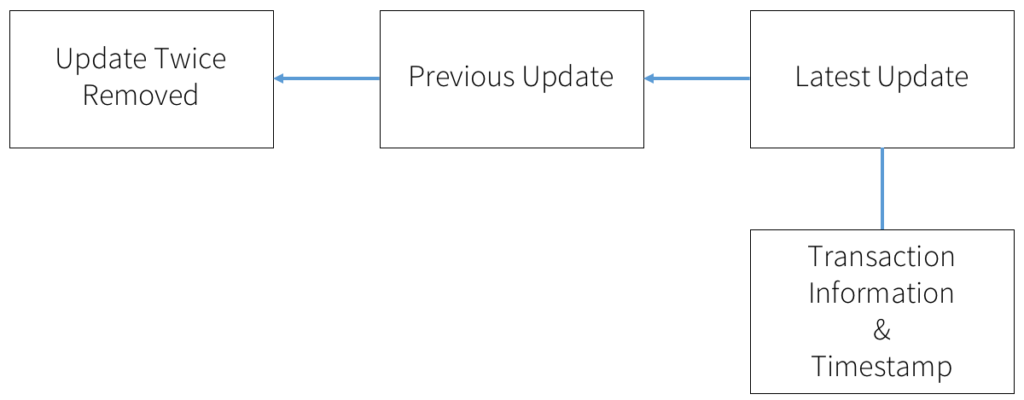What will disrupt the real estate brokerage world and industry next? One only needs to read the current headlines for a clue. I came across these headlines regarding “blockchain” technology as it concerns real estate brokerages today:
- Bitcoin and the Blockchain Are Disruptors in Global Real Estate (as seen on Mansionglobal.com)
- Russian pilot scheme will test blockchain technology for real estate transactions (as seen on realtybiznews.com)
These grabbed my attention immediately, due to curiosity about real estate disruption — and given the recent news focusing on Russian efforts to disrupt our elections, these were particularly curious headlines. Perhaps you’ve heard of blockchain in discussions about Bitcoin electronic currency. But blockchain is not electronic currency. It’s the technology that makes Bitcoin possible, and what may be the technology that changes how your real estate brokerage does business in the future. In this first of two articles, I’ll explain what blockchain technology is, and next time we’ll discuss how it can apply to the real estate industry specifically.
Blockchain Is About Data
Traditionally data is most often thought of as existing in a centralized database maintained by someone on a computer/server. Whoever owns that database can control it by allowing access to it, adding or deleting records, deciding where the data is sent and the format it’s kept in. Your MLS is a good example of this.
Learn About Our New Ads and Leads Program - TRIBUS Engage
Contrast that with a decentralized database, where no single person or entity controls it all. It’s kept on servers in different locations, so if one server is disabled, the entire network is not taken down. You’re using a good example of this as you read this article: the internet. All the content on the web is kept on servers all over the world, and often with copies in another location, so if a single server goes down, the entire internet does not. Blockchains are another form of decentralized data management. So one database record is not solely kept at one location. This gives the network “credibility” and security knowing no one entity can control all the data.
Blockchains Can Connect To Smart Contracts
Another way blockchains are different from traditional data is they allow for smart contracts, or digital execution of agreements. Smart contracts can capture all relevant general and specific terms of contract (compensation, payment conditions, penalties, etc.) and all key terms must be present for a smart contract to be effective. The goal is for these smart contracts to be legally binding agreements – they can then tie to the blockchain.
How does blockchain work?
According to a recent National Association of REALTORS® white paper, blockchain data is in a form that can not be changed. Each change is locked mathematically to previous versions, which are are linked in a chain. So a history of changes is preserved, unable to be edited, and unable to be solely controlled by a single person or business. The diagram below illustrates this point. Now perhaps you can see the potential useful applications here?

Blockchains are data that are histories of transactions, unable to be deleted or modified, and stored physically across multiple servers. Because of this, confidence in the data is very high, and it’s powering a whole slew of new applications. Bitcoin was the first and most popular to leverage blockchain technology, but other industries are following suit. Supply chain management is one, and real estate could be another. We’ll discuss how blockchains may impact your real estate brokerage in my next article.

